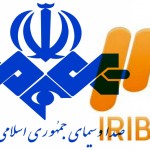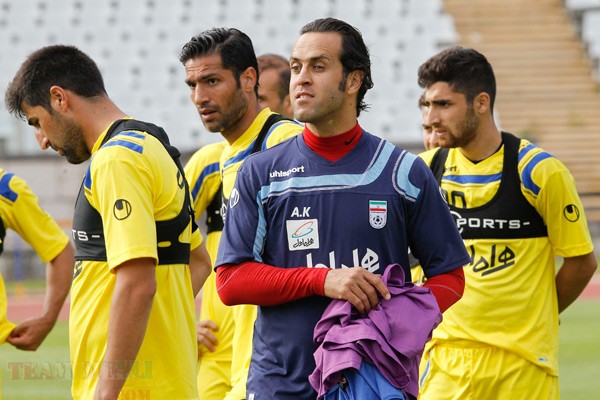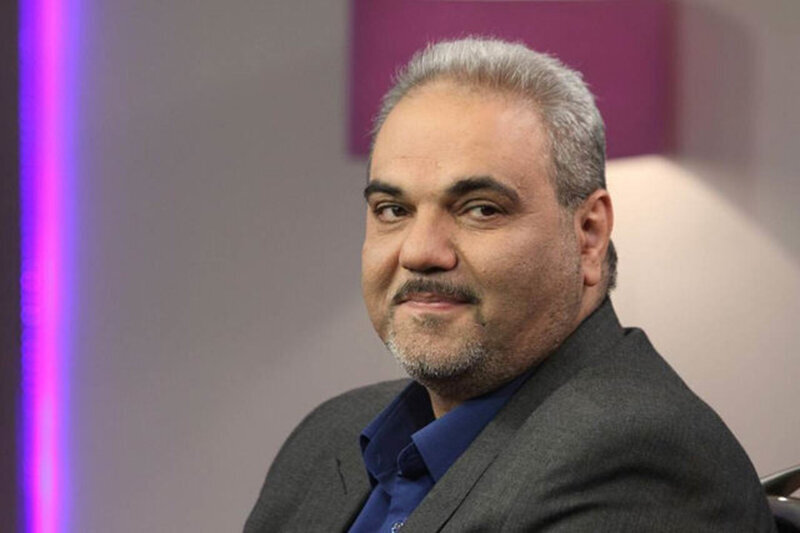Following Team Melli’s emphatic victory against Qatar, head coach Amir Ghalenoei surprised many with a heated outburst, targeting his critics and demanding that Iran’s national broadcaster, IRIB, stop airing their opinions. His remarks, unusually severe even by his own standards, sparked widespread reactions across media outlets.
In the post-match press conference, Ghalenoei expressed his frustration, saying, “They [the critics] did not help the team. If you’re going to talk about someone, speak from your experience. Not everyone deserves a platform to criticize. It seems anyone with an issue against Amir Ghalenoei gets a voice on radio and television. Check these people’s resumes and compare them to mine.”
He went on to highlight his accomplishments: “I’m not just Amir Ghalenoei from the league. I’ve earned over a thousand points coaching various teams, not just one. I’ve taken responsibility for teams that were struggling both financially and in terms of scheduling. For example, Sepahan, a club I’m proud of, was 14th in the table when I took over, and we achieved great results on a minimal budget.”
He continued by mentioning his time with Tractor Sazi, where he led the team to its first-ever qualification for the AFC Champions League, which he considers one of his proudest achievements. Ghalenoei also highlighted his success with Esteghlal, his boyhood club. Wrapping up his speech, he addressed IRIB officials directly: “Team Melli and I are not without flaws. Criticize us, but don’t hold grudges. Some people are given a platform to criticize, not based on merit, but out of past grievances. One day I’ll respond to all of them, but for now, I must stay silent due to my position. Mr. Taj has also asked me to remain calm, but the day will come when I answer them all.”
While coaches often feel targeted by criticism, believing that dissent is a personal attack, Ghalenoei’s remarks crossed a line by calling for national media censorship. His demand that IRIB, Iran’s only authorized television and radio network, silence his critics struck many as authoritarian.

The backlash was swift. Javad Khiabani, a veteran broadcaster and respected authority on Team Melli, was one of the most outspoken critics. Khiabani condemned Ghalenoei’s arrogance and accused him of attempting to stifle free speech and the press’s role in providing objective analysis. He reminded Ghalenoei that journalism’s duty is to scrutinize and hold those in power accountable. “Ghalenoei acts as though he is beyond criticism, but his resume, despite his boasting, is lacking in international success,” Khiabani pointed out. “Beating Qatar is not an achievement to be proud of like defeating world champions, France or Brazil. Ghalenoei has twice failed to win the AFC Asian Cup as Iran’s coach and has yet to qualify for the World Cup, something an Iranian coach achieved decades ago with far fewer resources and fewer finalist (16 teams).”
Khiabani further criticized Ghalenoei for trying to dictate the terms of criticism, a job that rightly belongs to journalists. He emphasized that no coach should be immune from analysis, especially when leading the national team.
Ghalenoei’s tirade reveals a deep-seated insecurity and fear of criticism, suggesting a lack of confidence in his own abilities. His unreasonable demand for IRIB to suppress negative opinions is unlikely to be entertained by the authorities, and it may only amplify the voices of his critics. By lashing out at the media, Ghalenoei has likely emboldened his detractors, who will now scrutinize every aspect of his leadership, from player selections to tactics.
In the end, Ghalenoei’s rant may have done more harm than good, intensifying the spotlight on his tenure and raising questions about his ability to handle the pressures of leading Team Melli.




